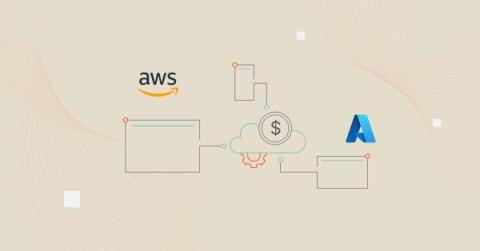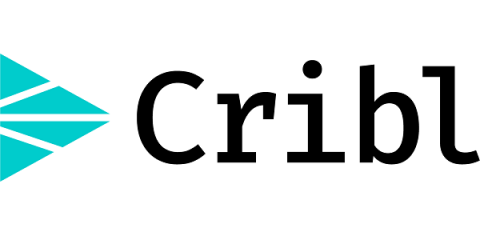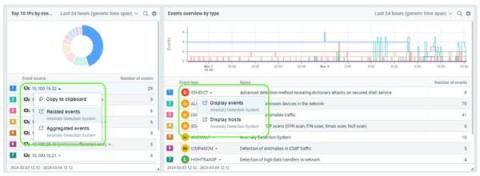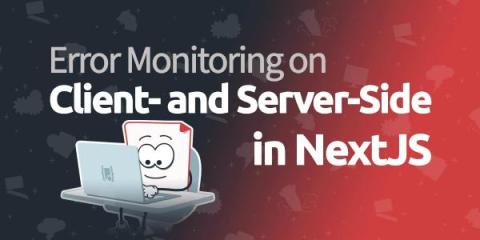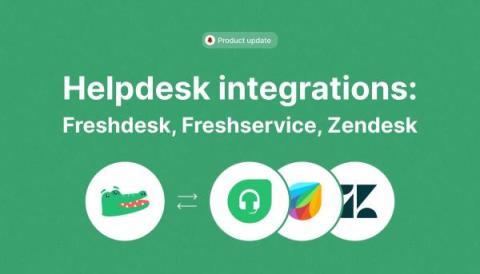Cross-Platform Cloud Cost Optimization On AWS And Azure
Cloud cost optimization refers to reducing overall cloud spending by identifying mismanaged resources, eliminating waste, reserving capacity for higher discounts, and right-sizing computing services to scale. In the modern business environment, where agility and efficiency are paramount, mastering cloud cost optimization reduces expenses and strategically allocates resources to drive innovation and growth.


